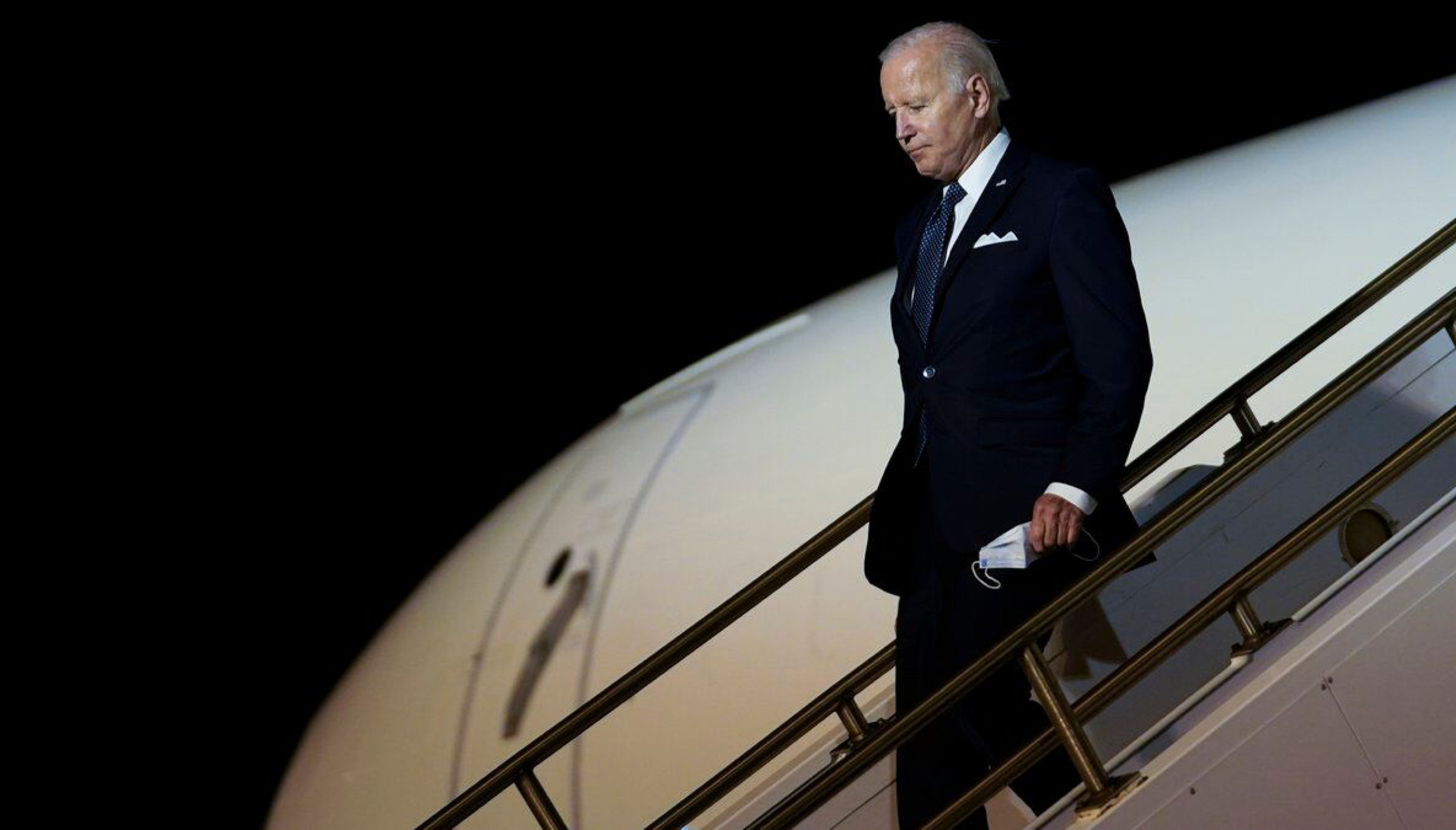What Happened?
On August 6, 2024, Hamas announced the selection of Yahya Sinwar to head of its political bureau, succeeding Ismail Haniyeh, who was assassinated in Tehran on July 31. Sinwar’s selection, which comes at a time when the movement is facing a critical phase in the Gaza Strip, carries many implications and consequences.
A Closer Look:
During the past few days, a number of names were highlighted to succeed Ismail Haniyeh, especially among the movement leaders abroad. They included Khaled Mashal, who had previously served as the head of Hamas’s political bureau; Khalil al-Hayya, deputy head of Hamas in the Gaza Strip; Mousa Abu Marzouk, a political bureau official; and Zaher Jabarin, responsible for the West Bank region, which was previously led by Saleh al-Arouri until his assassination in January 2024.
However, after extensive consultations and less than a week after Haniyeh’s assassination, Hamas announced the selection of Yahya Sinwar, who has been leading the movement in the Gaza Strip since 2017.
The announcement and its timing indicate the movement’s desire to demonstrate the cohesion of its organizational and leadership structure. Hence, the announcement emphasized the consultative selection mechanism, which took place quickly, despite the internal and external challenges facing the movement and the many influences and interactions surrounding its decision-making processes.
The selection also signifies the increasing importance of the Gaza Strip region in the movement’s post-war calculations and the broader threat Hamas faces there compared to the regions abroad and the West Bank. The choice of Sinwar strengthens the faction within Hamas that is close to Iran and the Axis of Resistance, while weakening the Muslim Brotherhood faction that is close to Turkey and Qatar. It also closely ties the movement’s future with the developments of the war in the Gaza Strip and the fate of the ongoing negotiations to end the war.
After previously considering the importance of having a leader with the ability to move, travel, and participate in various events, the movement’s choice of a leader who avoids public appearances due to the threat of an Israeli assassination attempt underscores the importance of the individual who will be named Sinwar’s deputy. This deputy is likely to be from outside the Gaza Strip in order to cover the gap created by Sinwar’s inability to move freely and to maintain Hamas’s international relationships and activities.
A Turning Point!
The most significant turning point behind Sinwar’s selection lies in his multifaceted role in political, social, and military affairs in the Gaza Strip. Reports indicate that he continues to oversee both military operations and negotiations regarding the Strip. Moreover, Sinwar’s selection as a military and political leader compensates for the losses within the Qassam Brigades, especially after Israel assassinated several top Qassam leaders, including General Commander Mohammed Deif, in July. Those murders also impacted the broader resistance axis, which has lost several key leaders, including prominent figures in Hezbollah and the Quds Force of the Iranian Revolutionary Guard.







